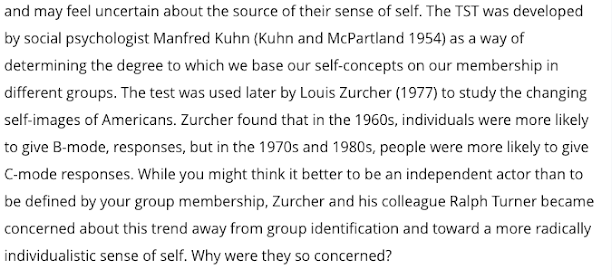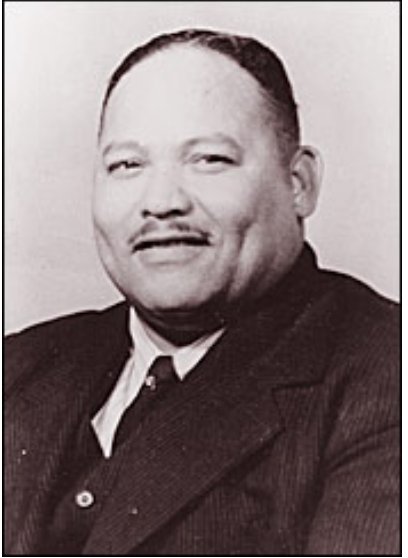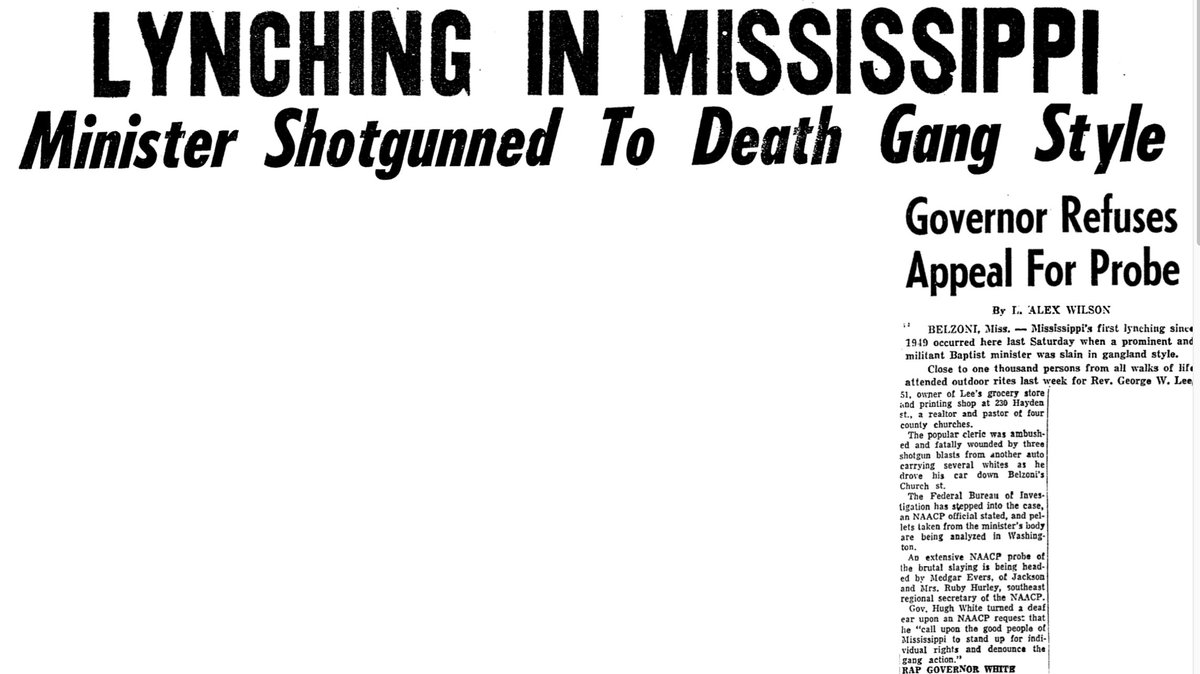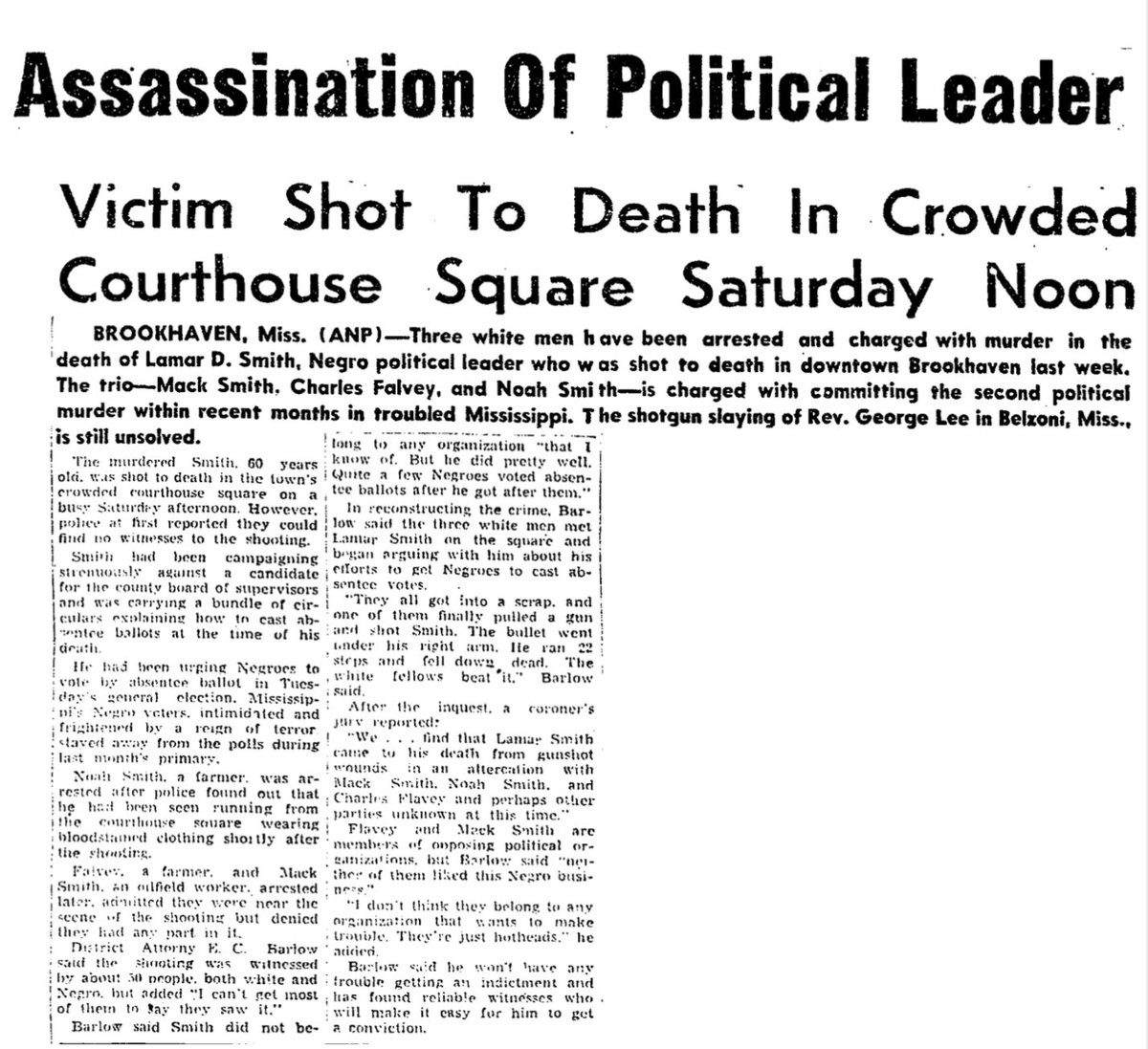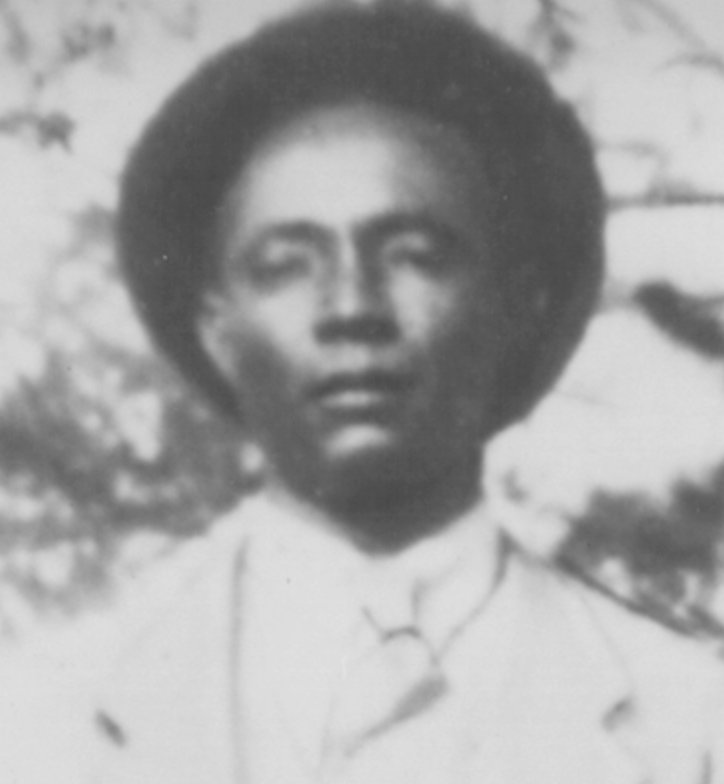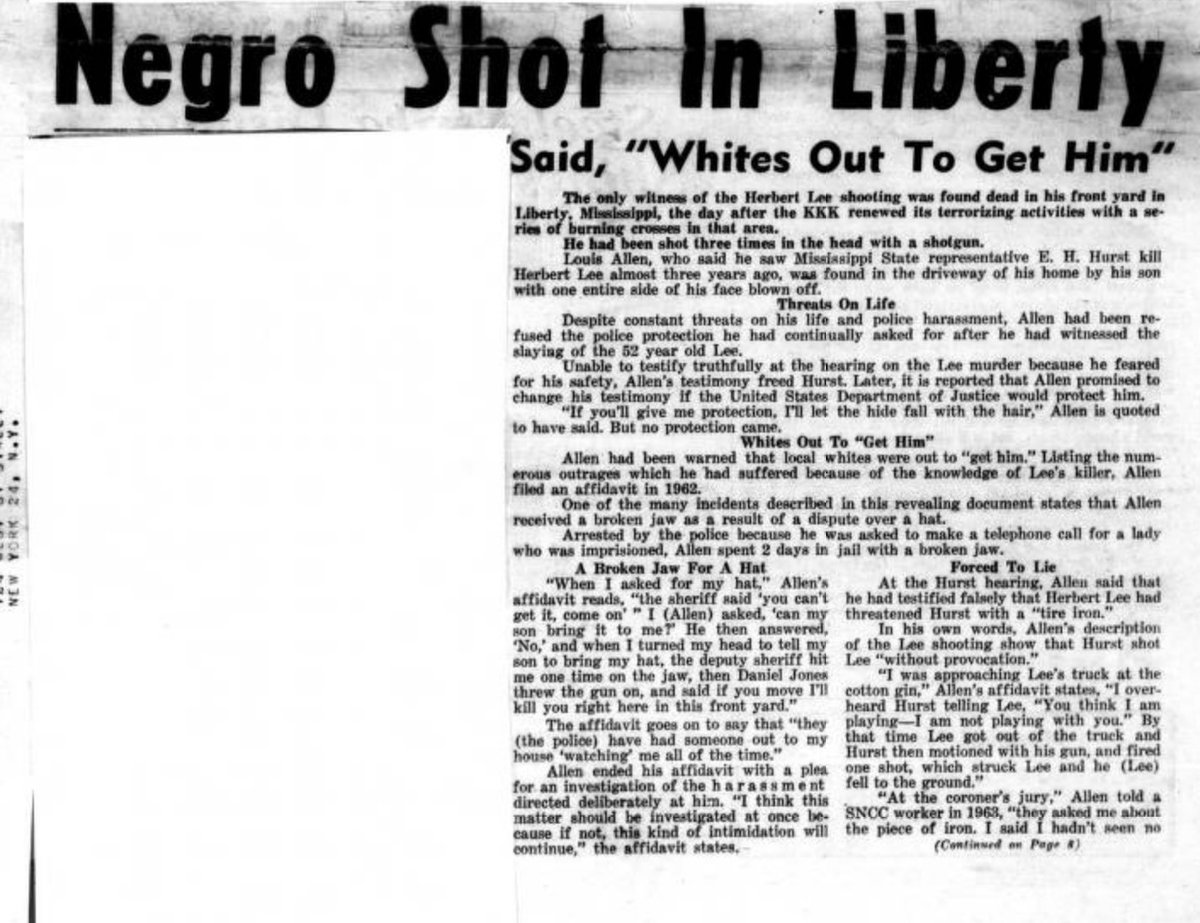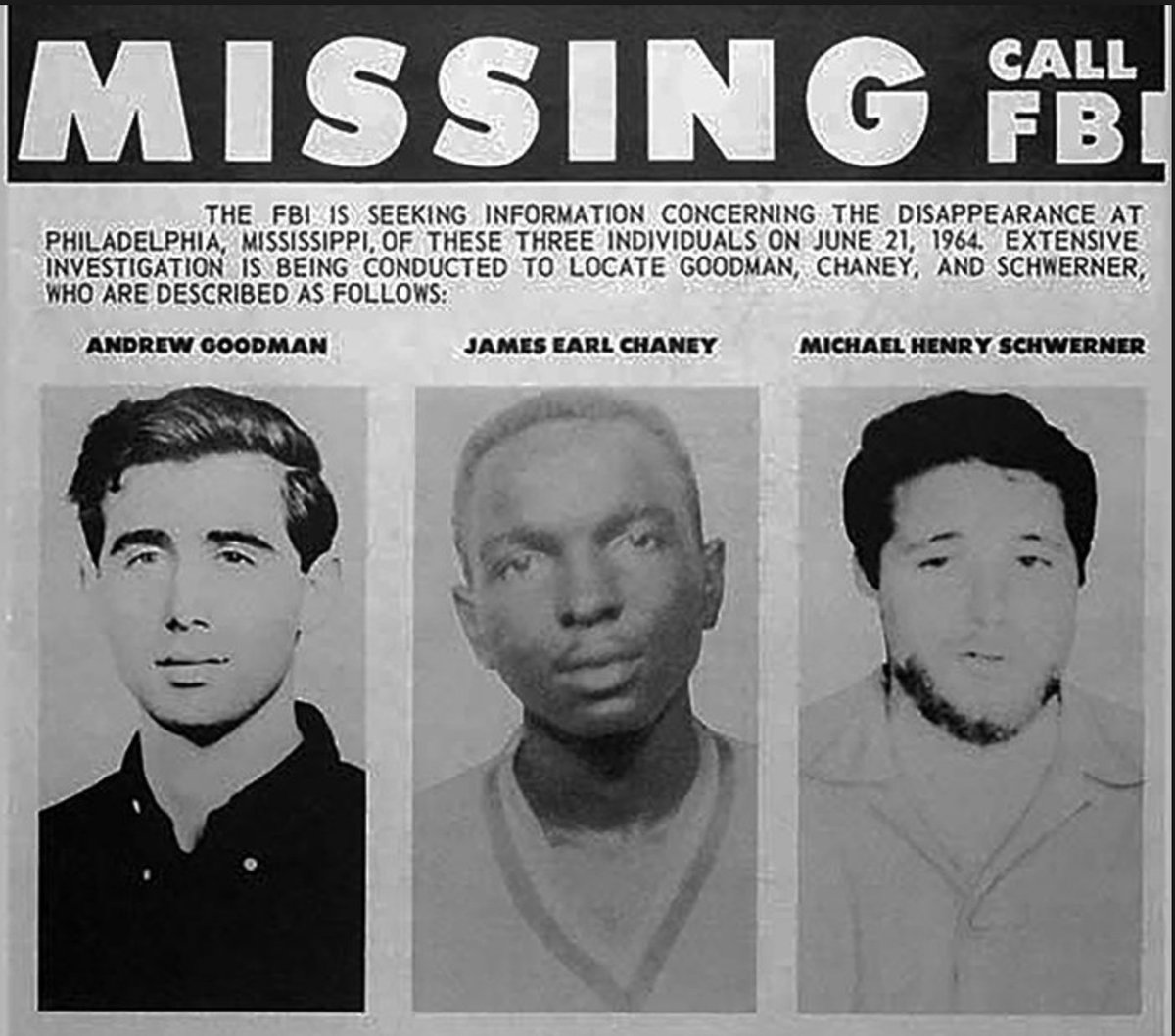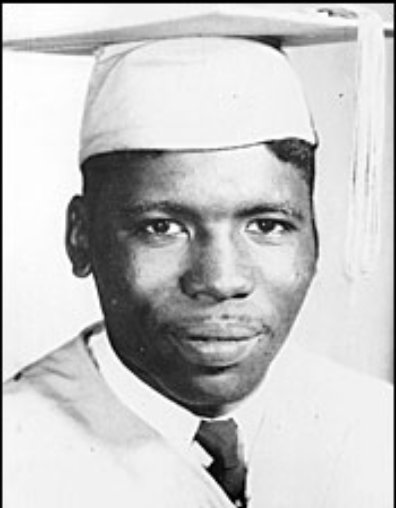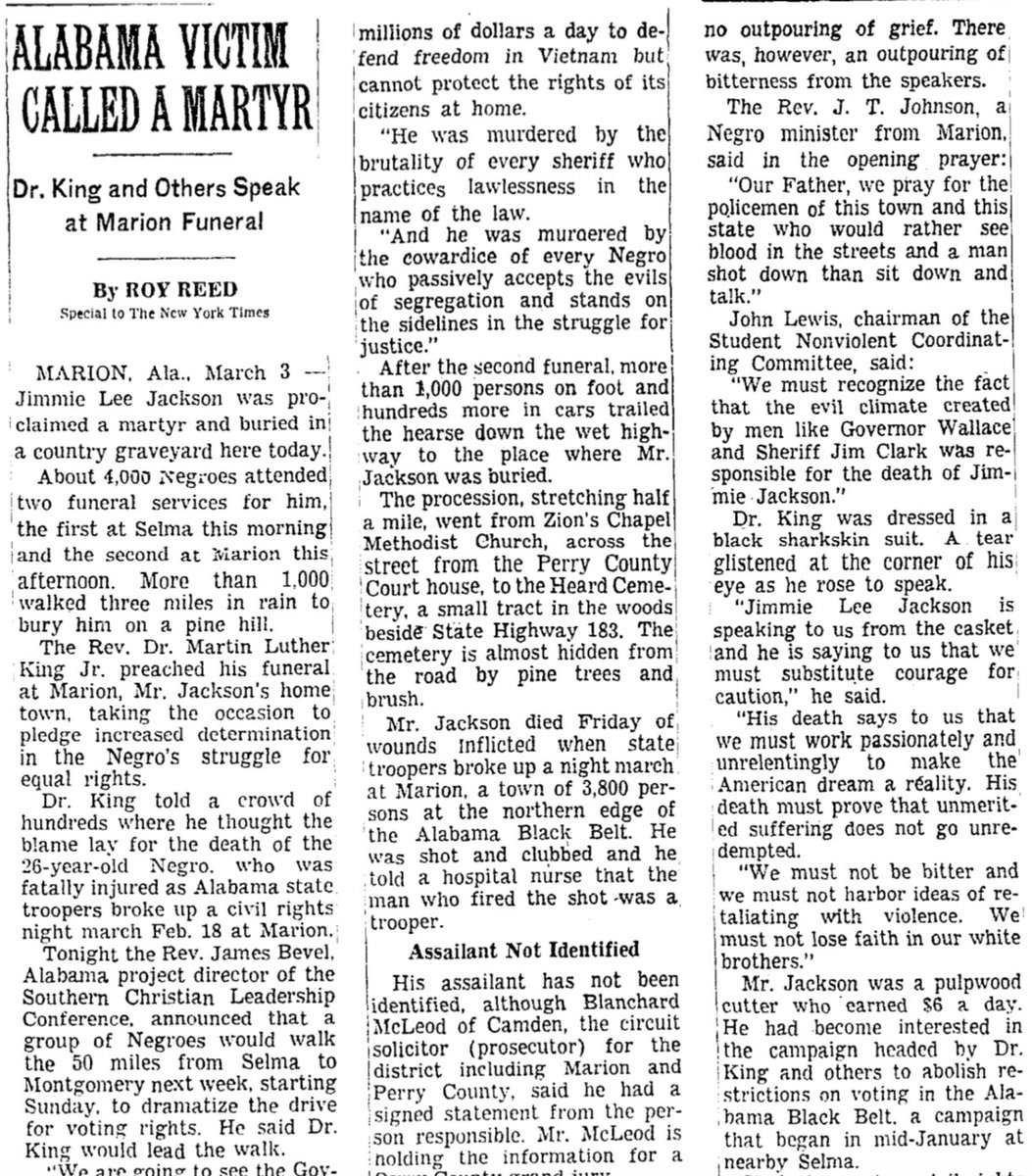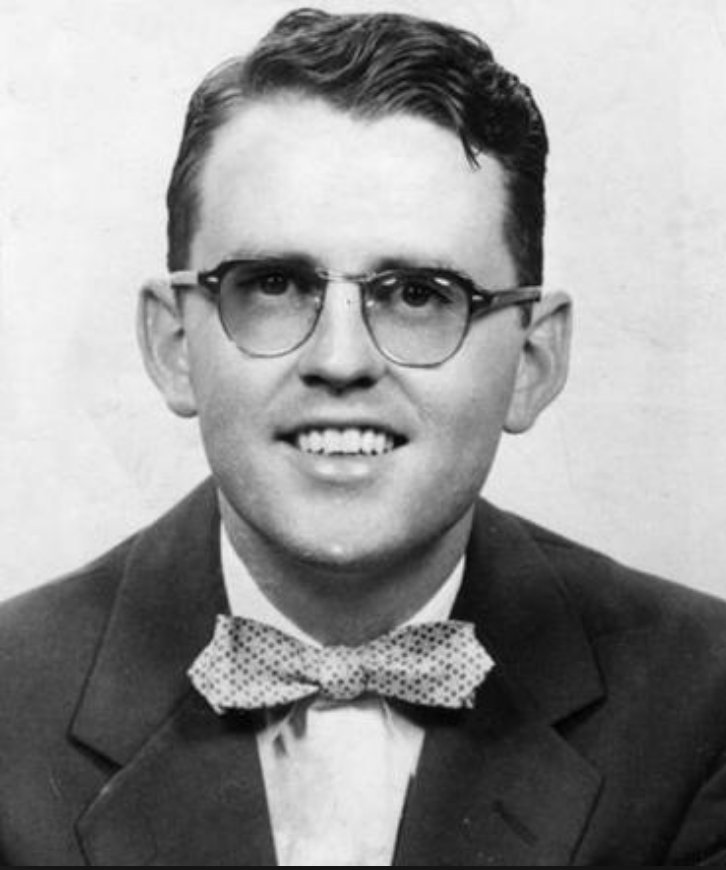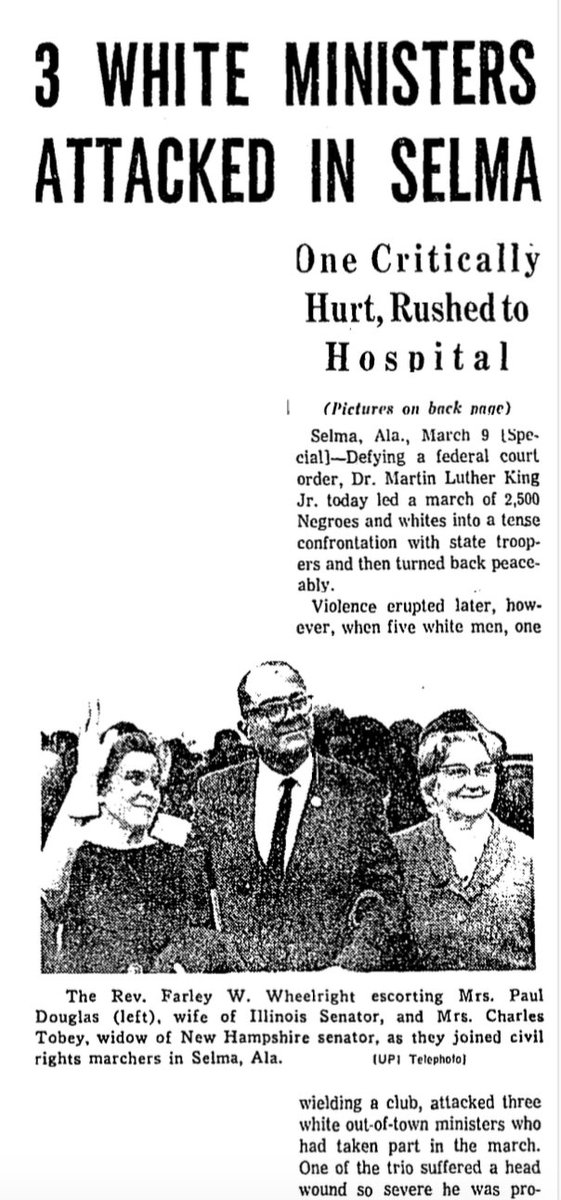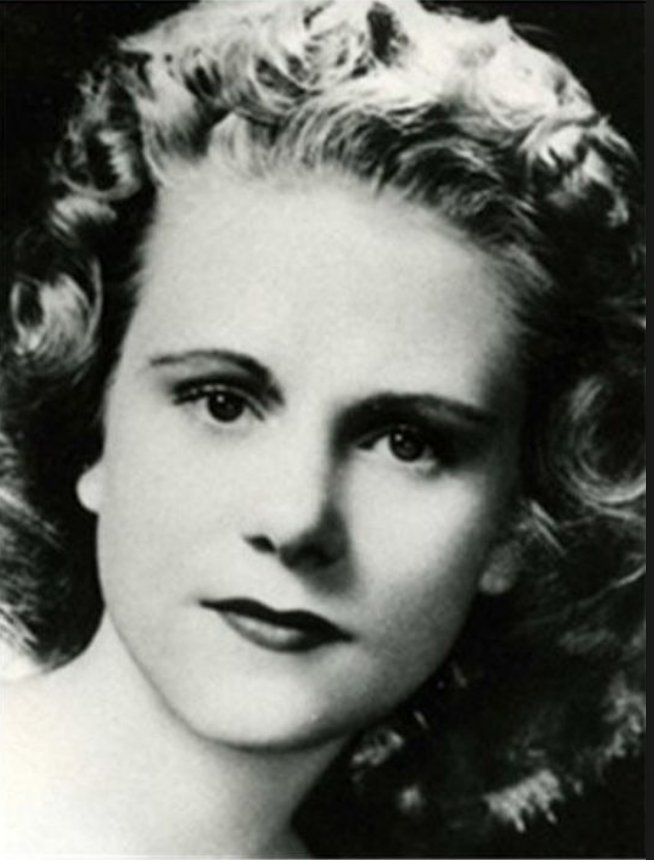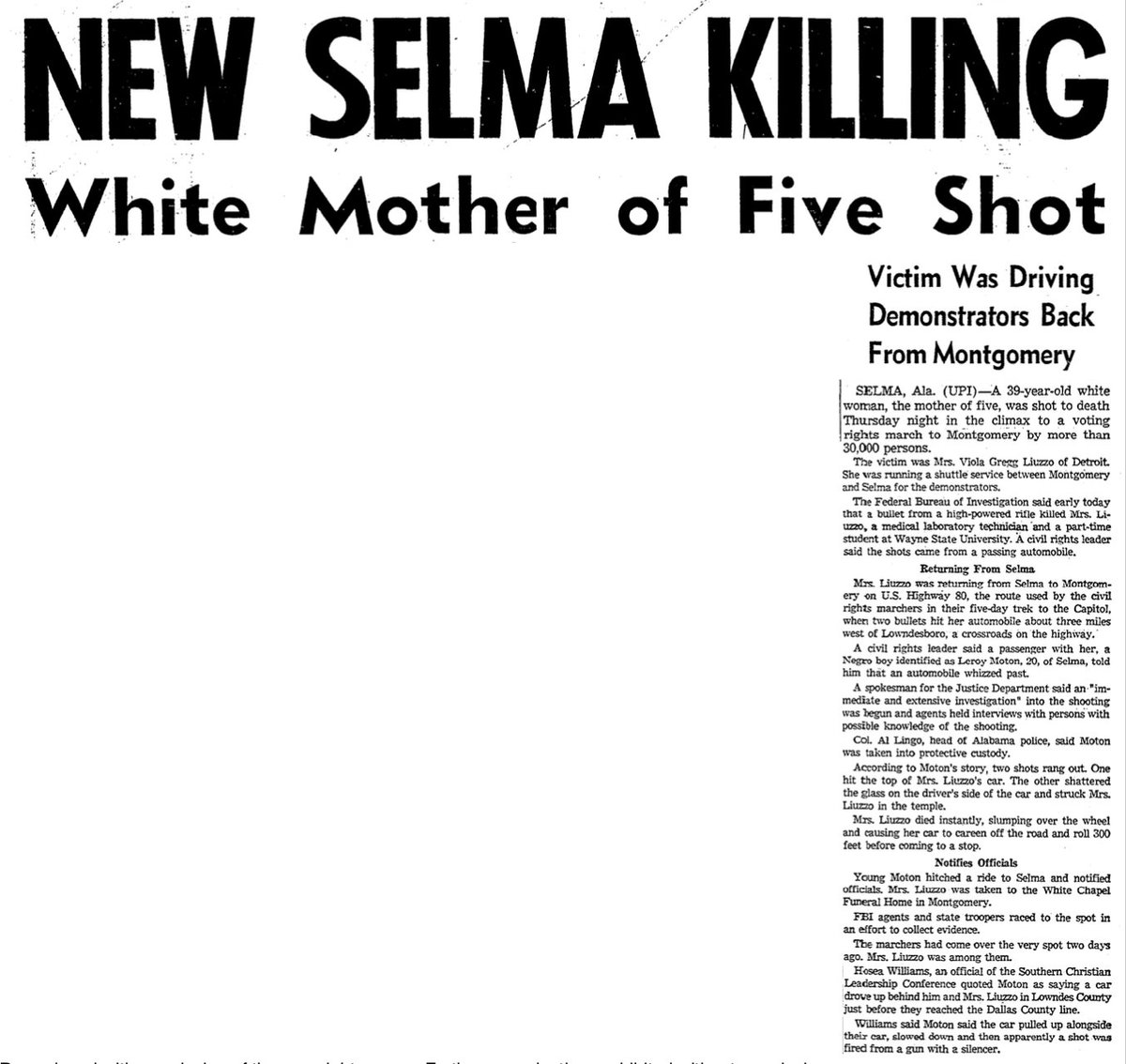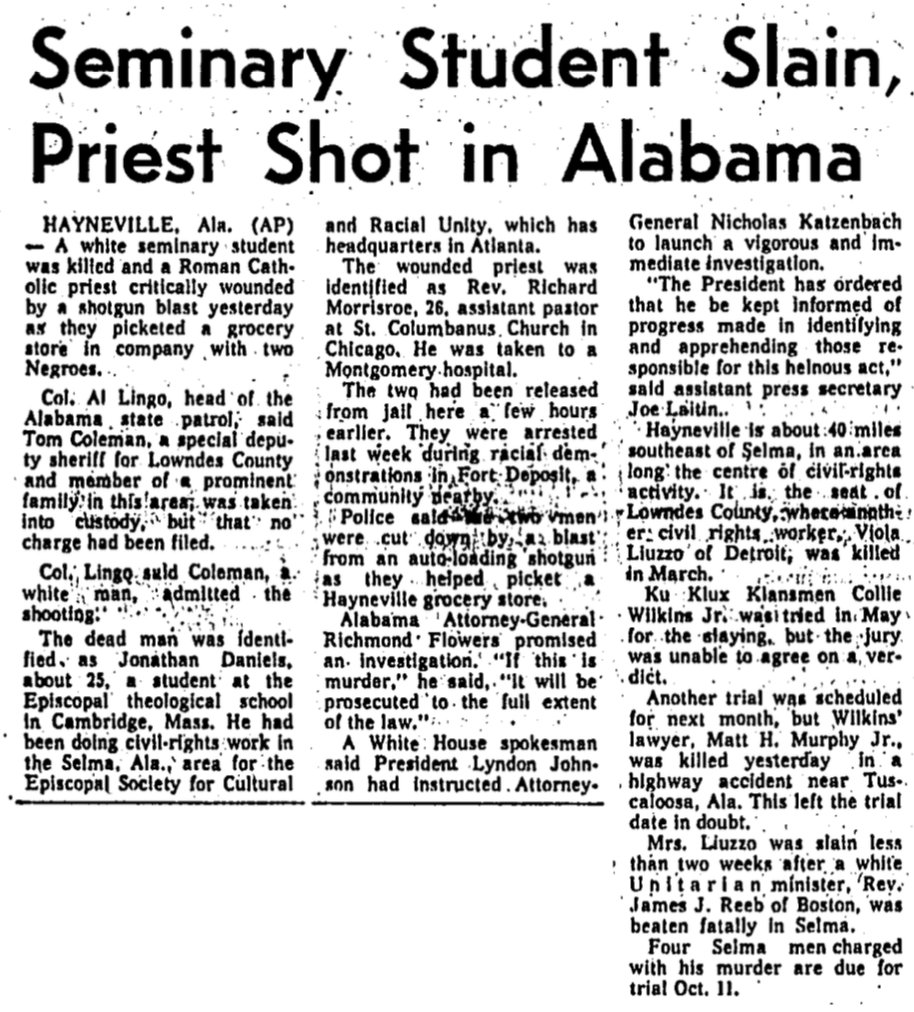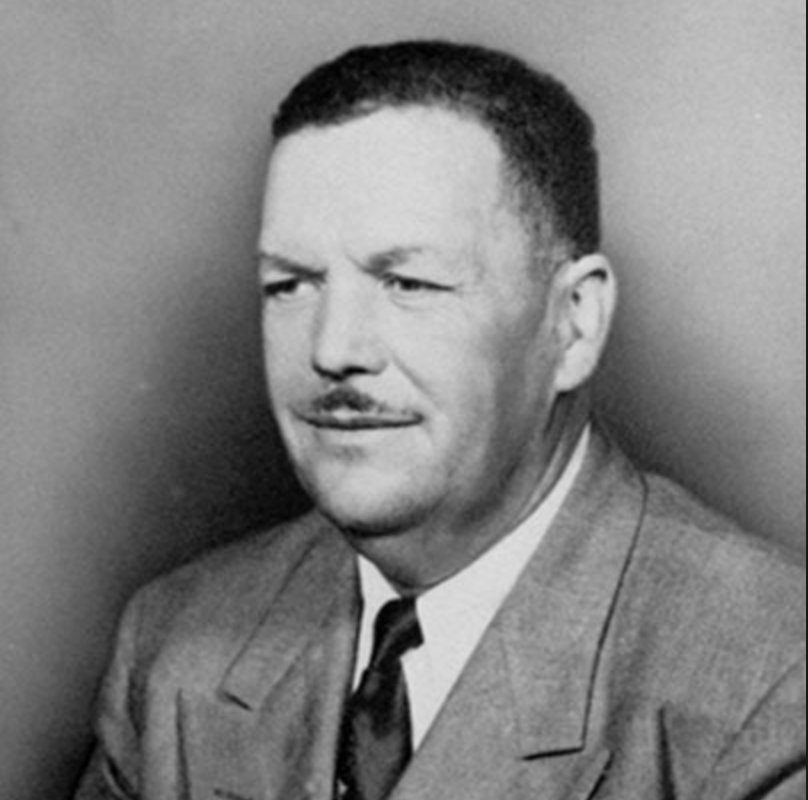Action Item for our Next Lesson:
Read chapter 1 from Carolyn Deck's book, Mindset.
Today's Lesson: The Self and Agents of Socialization
- What is the sociological concept of "the self"?
- What are some theories about how do we develop it?
- What are "agents of socialization"?
To begin today's lesson, open the Twenty Statements Test and fill in 20 responses to the question, "Who am I?" Do this quickly, without thinking too much about it. Simply complete the the statement with the first 20 answers that come to mind. Here is the Google Form for the lesson.
Try to fill in all 20 statements about yourself. Work quickly and individually.

After you have answered 20 statements about yourself, proceed:
The "self"
The Twenty Statements Test is a survey that has been used in various studies for over 50 years. (Note: this lesson is based on Rusty Schnellinger's lesson) The test is a qualitative measurement of how people think about themselves, or who they are as a person. This conscious understanding of who we are as individuals is an example of what sociologists call a "self." Similar to metacognition and how people think about thinking, a "self" is how individuals consciously think about who they are as an individual.
Coding your responses.
When conducting qualitative data analysis, sometimes sociologists will code the responses to make sense of the data. Code your responses to the Twenty Statements Test:
A mode responses: Physical characteristics.
Ex. I am blonde, I am short, I am strong.
B mode responses: Socially defined statuses that associate you relative to a group.
Ex. I am a student, I am Catholic, I am a quarterback, I am a daughter, I am a store clerk.
C mode responses: Personal traits, styles of behavior or emotional states.
Ex. I am a happy person, I am competitive, I am loud. I am tired.
D mode responses: General, more abstract or existential responses.
Ex. I am me, I am part of the universe, I am human, I am alive.
After you code your responses, answer the following questions on your notes page:
1. Individually: Which type of response did you have the most of? How many? Is that surprising or does that seem right to you?
Culture And your Sense of Self
2. Without reading any further, use your sociological imagination to hypothesize how these responses might have changed over time. If you did this test in a different time, say 70 years ago, or in a different place, how might the different culture shape your responses to these?
After you hypothesize about the question above, continue reading:
Peter Kaufman explains in the book A Sociology Experiment (2019) that researchers did find a change over time in the test responses and it concerned them:
In summary, this is one example that culture shapes how we think about what is important and what we value; culture may influence us to think about our "self" in certain ways.
Erving Goffman's Dramaturgy
3. Choose one of your responses that is a mode B response.
a. Which one did you choose?
b. How do you express yourself to fit into this response? In other words, how do you dress, talk and act in order to be like _______ (B mode response)? What are the things that you do in order to be that role?
Discussion: What were some examples for your answer to number two? For number two, this is exemplifying a sociological theory called Dramaturgy by Erving Goffman. Goffman wrote The Presentation of Self in Everyday Life which theorized that people present themselves to the world based on their ideas about their "self". They create an image of how they want to be perceived. It is like being in a play, or a drama - when you go on stage you are dressed up to play your role, you have your lines and your costume etc... Goffman's theory in the form of an extended metaphor is known as dramaturgy. In Goffman's theory, every time we go into a social situation we are presenting ourselves to the world - playing a role such as sister, friend, teammate, student, girlfriend, coworker, etc... In all of these roles we talk a certain way, act a certain way and even dress a certain way.
One example might be if you answered, I am a student. You may feel that you have your own style but I bet that you can find similarities to other students here at Loyola. And you have learned to sit in the desk, raise your hand, show up to class, answer questions and do all the things that students do.
Agents of socialization
4. Regarding your answer to number 3b above, what are some of the places that you have learned to talk/dress/act like this? For example if you wrote I am a student. Where did you learn how to be a student? Where did you learn all the behaviors/habits/actions that a student does?
Discussion: Examples of where?
All the places where we learn how to act out this role are examples of what sociologists call agents of socialization, or, the most important groups that shape an individual's sense of self. (especially: family, school, peers/friends, media). For example, if you answered I am a student, I bet learning that role happened even before you went to school. You may have watched kids shows or cartoons about kids going off to school and what they do there. Kids read books about the first day of school and what students do all day. Parents tell stories about when they went to school. And if you have older siblings, cousins or neighbors, you learn by watching and talking to them about their school experiences. Then, teachers themselves tell you what they expect from you. A great deal of elementary school is learning how to do school. Classmates also socialize us by sharing their habits preferences for studying and school supplies etc... In other words, you didn't just show up and decide what kind of student you wanted to be, you were socialized by different agents throughout your life.
Charles Horton Cooley's Looking Glass Self
5a. Also thinking about your answer to 3b, can you think of a time when one of the ways you expressed yourself was received positively by another person or group? Who was it? How did they react? What did they say?
For example, if I answered I am a student and one of the ways I express that is by participating in class and commenting on readings, I can specifically recall a few different teachers of mine telling me that it was a pleasure having me in class to discuss the readings and challenge them on somethings while helping to generate class discussion.
5b. Can you think of a time when one of ways you expressed yourself was received negatively by another person or group? Who was it? How did they react? What did they say?
These are examples of Charles Horton Cooley’s theory called the “Looking Glass”. By “Looking Glass” he is referring to a mirror. His theory is that we learn to act a certain way because of our interactions with others and how they react to us. Their reaction to us is like looking into a mirror that reflects back on us. We learn from others' reactions to us how we are perceived in the world and this shapes our sense of self.In Sum
We are influenced from the moment we are born (even before) by important groups around us including culture which we are born into. The process by which we are shape by these social groups is called socialization. This process not only helps us to survive but it also develops a self or our conscious way of thinking about who we are as an individual. These most important groups that socialize us are called agents of socialization.

